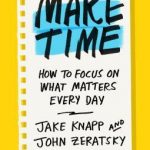
Make Time is a very presentable book that mixes efficient structure with a conversational writing style. The result is a modern take on the difficult subject of productivity, especially applicable to knowledge workers like myself.
The Irregular Journal of a Pseudo-Random Software Engineer

Make Time is a very presentable book that mixes efficient structure with a conversational writing style. The result is a modern take on the difficult subject of productivity, especially applicable to knowledge workers like myself.
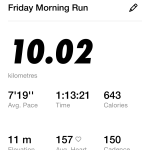
I recorded my first ever 10 kms run. I’m feeling quite pumped about it. In the last few months, I’ve seen my stamina increase a bit thanks to my consistent tennis practice routine, which now includes cycling 6 kms to the courts, some stretching and warmup, about an hour of tennis, and cycling 6 kms back home. I always look forward to the cycle rides. And tennis, of course!
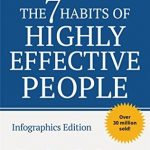
The book explores the deeper realm of human psychology and tries to convince the reader that the only way to succeed in life is to live a life centered on correct principles.

At times you are faced with hard, physically demanding goals. That is where most deep work tactics stop applying. And that’s where the word of Goggins shines.
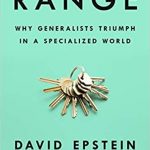
Being a generalist myself, I was intrigued by the book’s title when I stumbled on it during my self-motivated research on the generalist vs. specialist debate.

I had a hard time adapting to the style and tone. It appeared to me that the author churned out the pages in a fit of passion in a single sitting.

For the unaware, Arch follows a strictly do-it-yourself philosophy. That means, you have to install, configure, and set it up all by yourself- no cheat codes and no GUIs.

The author’s key argument is that money earned in exchange for time is not wealth (as in a job). The only way to earn wealth and get rich is to remove time from the equation (as in business or investment)
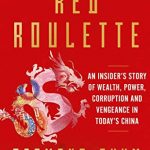
Red Roulette is a tell-all story of a nouveau riche Chinese millionaire about how he and his business partners had to navigate the immensely corrupt Chinese government to get things done.

The central idea of the book is that to follow through on a good habit one only needs to be 1% better every time.